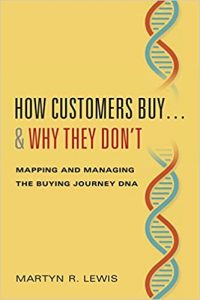Review of Andy Weir’s The Martian

To be honest, a book about an astronaut who is left behind by crewmates who thinks he’s dead during an abortive mission to Mars could have easily fallen flat on its face. Jack London’s To Build A Fire was short for a reason: Man fails to build a fire in a frozen tundra, man dies, and there was no reason to drag it out. The man didn’t even spew one last soliloquy on the unfairness of it all. When you get an author who cares enough to do his research and develop believable characters, though, a full-length “Man vs. the Martian Environment” works.
Andy Weir Discusses The Martian
A significant portion of the book is basically protagonist Watson’s diary. We see him figure out how to solve a shortage of food, helped along with the serendipitous presence of fresh potatoes and a lack of squeamishness. He loses his temper on a couple of occasions and also lambastes his crewmates’ taste in entertainment. He guts Pathfinder (!) to turn into a communications relay. He basically survives his solitude and constant danger without going insane like many so-called experts seem to think us Mars One candidates will. It must help to spend so much of your time solving one problem after another that you don’t really have time to think about it.
And there are the number of times that Watson almost got killed. He almost blows himself up while making water. He gets kicked halfway into next week by an airlock that has been pushed beyond its design specifications, causing me to wonder exactly how effective an EVA suit’s air supply would be in maintaining enough of the airlock’s pressure to keep him alive in that kind of situation. His two-rover tractor goes sliding down a crater wall with him inside but he doesn’t lose much more than a few solar panels and some time. He could almost rival Bilbo Baggins for luck.
What I like best about The Martian? The believability. In the Q&A at the end of the book, Andy Weir admits to borrowing heavily from Robert Zubrin’s Mars Direct plan – not that I needed to be told that once I read the descriptions of the MAV. Most of the supplies can be sent ahead of each manned mission to Mars, including a return vehicle that can make its own fuel, and this was a major factor in saving Watson’s life (yes, spoilers!). If you are ever on Mars and you get left behind by crewmates who think you’re dead along with everything you were going to use for the now-aborted mission, this is what you do – minus maybe the one or two temper tantrums that Watson threw when things went badly wrong.
It basically boils down to, if you are at all interested in missions to Mars, this is one book that is worth reading. Science fiction writers everywhere should take a cue from Andy Weir that space battles just aren’t the same on the written page as they are on the big screen. Man versus the unfriendly-to-human-life Martian environment can be way more effective in the hands of a talented writer and Andy Weir pulls it off in a believable fashion in The Martian. I heard through the grapevine that this is going to be a major motion picture in the near future and it’s going to be one worth watching too.









